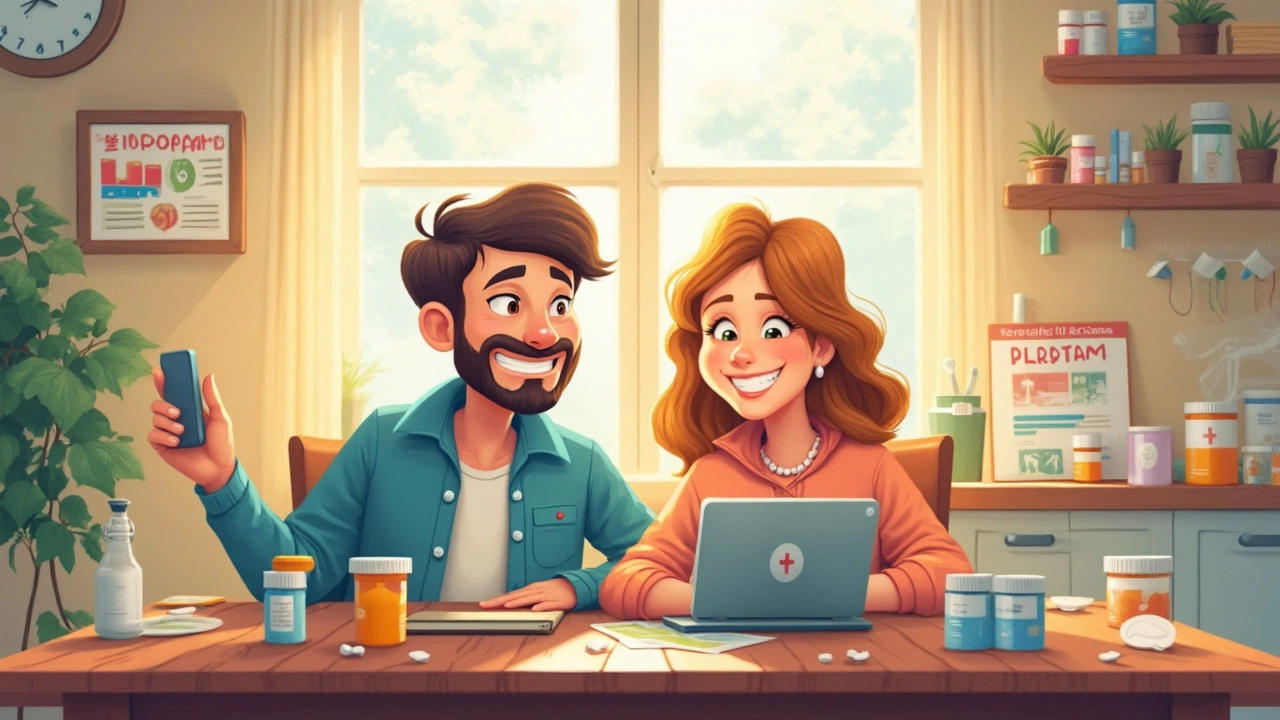If you’ve ever bought pills online, you’ve probably wondered if the site is real or a scam. The answer usually lies in the pharmacy’s license. A proper license means a government agency has checked the pharmacy, its staff, and its medicines. When the license is valid, you’re far less likely to get counterfeit drugs, wrong doses, or shady service.
Why does licensing matter? In short, it protects your health. Licensed pharmacies must follow strict rules about storage, labeling, and prescription verification. Those rules keep the medicine you receive safe and effective. Unlicensed sites don’t have to follow any of that, so the risk of bad products goes up dramatically.
First, look for a “Pharmacy License” badge on the site. It should list the issuing authority—like the U.S. FDA, Health Canada, or your local pharmacy board. Click the badge; it should link to a searchable database where you can type the license number and see if it’s active.
Second, check the address and phone number. Licensed pharmacies usually have a physical location you can call. A quick Google search of the address often shows whether it’s a real drugstore or just a parked domain.
Third, use official resources. In the United States, the Verified Internet Pharmacy Practice Sites (VIPPS) program keeps a list of approved online pharmacies. Canada’s Canadian International Pharmacy Association (CIPA) does the same. If the site isn’t on any official list, treat it with caution.
Even with a license, some sites play fast and loose. Here are the warning signs you should never ignore:
When any of these pop up, pause and research. A quick call to the pharmacy’s listed number can confirm if they really sell the drug you need.
Remember, a license isn’t a magic shield. It shows the pharmacy met baseline standards, but you still need to do your homework. Check reviews, compare prices, and make sure the pharmacy follows proper prescription procedures.
Finally, keep records of your purchase. Save the receipt, the pharmacist’s name, and the license number. If something goes wrong, this information helps you file a complaint with the licensing authority.
Bottom line: licensing is the first line of defense against fake meds, but it works best when you pair it with common‑sense checks. Use the tips above, stay skeptical of deals that sound crazy, and you’ll get the medicines you need without risking your health.

Shopping meds online can feel like a gamble, but there are several trusted pharmacies that give Canadapharmacy.com a real run for its money. This guide compares nine top-rated alternatives by pricing, licenses, shipping speed, and service. Learn which sites deliver prescriptions fastest and which ones offer money-saving prices with legit credentials. Plus, get a look at user-friendly tips to help you steer clear of sketchy operators. Your safest and cheapest online pharmacy experience starts here.